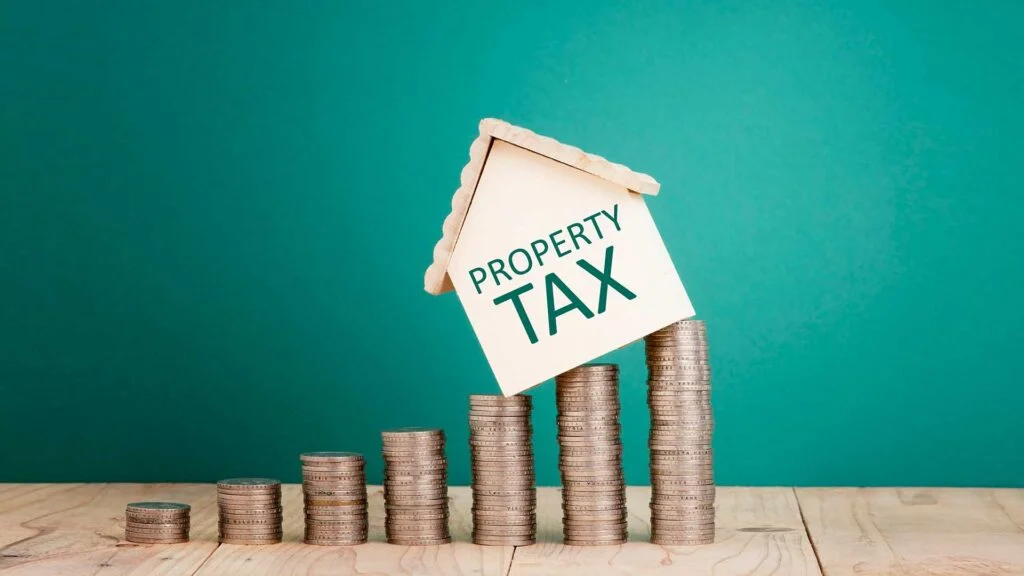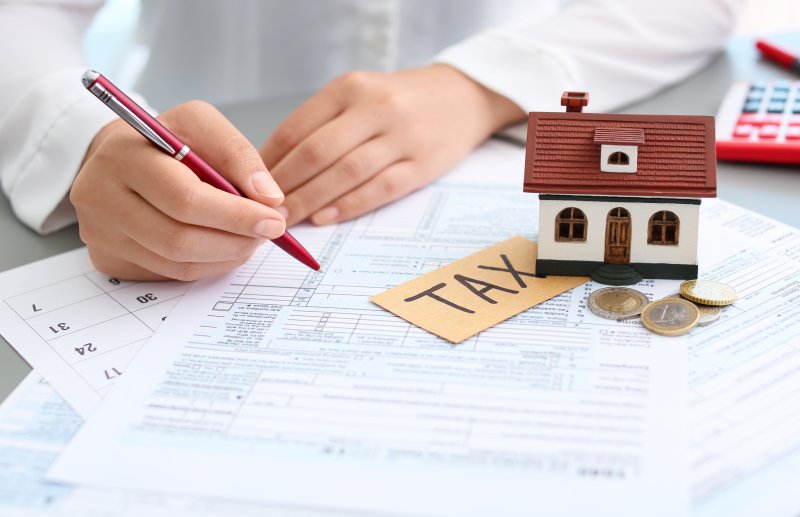Imagine Mr. Hamid Ali, a first-time investor in Lahore. He had saved for years to buy a small commercial space, but when the agreement papers landed on his table, he felt lost in legal jargon. Terms like “lease” under the Transfer of Property Act, mortgage clauses, and Section 59 made no sense to him. Many investors like Ali face the same challenge: real estate contracts filled with technicalities that can either safeguard your future or leave you vulnerable. This is where understanding the Transfer of Property Act in Pakistan becomes crucial. The Transfer of Property Act (TPA) governs how property is transferred, leased, mortgaged, or sold in Pakistan. It’s not just a legal document; it’s the foundation that ensures transparency and fairness in real estate transactions. Let’s break it down in simple, conversational terms so you can make informed decisions.
What Is the Transfer of Property Act in Pakistan?
The Transfer of Property Act, enacted during British India and still applicable in Pakistan with modifications, regulates the transfer of immovable property. In essence, it outlines who can transfer property, the rights they have, and how these rights are transferred to others.

One of its most important clauses, Section 6 of the Transfer of Property Act, defines what can and cannot be transferred. For example, property tied to future inheritance or restricted by law cannot be transferred. This clause protects buyers from fraudulent or invalid sales.
Lease Under the Transfer of Property Act
A common transaction in real estate is leasing property. But what exactly is a lease?
Under the Act, a lease is defined as the transfer of the right to enjoy a property for a specified time in exchange for rent or compensation. This differs from ownership here; you don’t “own” the property but have the legal right to use it.
Rights of Tenants Under the Transfer of Property Act
Tenants are also given legal protection:
- The right to peaceful enjoyment of the property.
- The right to claim damages if the landlord fails to maintain the premises.
- The right to remain on the property for the duration of the lease unless lawfully terminated.
This ensures that both landlords and tenants are bound by fair rules, reducing disputes.
Difference Between Lease and License Under the Transfer of Property Act
Many confuse a lease with a license, but the Act draws a clear distinction.
- Lease: Grants an interest in the property with legal rights to enjoy it for a period.
- License: Merely allows the licensee to use the property without creating any legal interest.

For instance, if Ali rents an office space for 5 years, that’s a lease. But if he only gets permission to use a hall for a one-day event, that’s a license.
Different Types of Mortgage Under the Transfer of Property Act
Buying property often involves financing, and mortgages are a central part of the process. It defines different types of mortgages under the Transfer of Property Act, including:
- Simple Mortgage: Property is security, but possession remains with the owner.
- Mortgage by Conditional Sale: Ownership shifts if repayment is not made.
- Usufructuary Mortgage: The lender gets possession and uses the income from the property.
- English Mortgage: Property is transferred outright but reverts when the loan is repaid.
Each type carries unique rights and responsibilities, making it essential for buyers to know what they’re signing up for.
Why Buyers Must Understand the Act
The Transfer of Property Act in Pakistan is not just for lawyers; it’s for anyone looking to invest in property. Whether it’s ensuring your lease is valid, knowing your rights as a tenant, or confirming that your mortgage terms are fair, these clauses directly impact your financial future. Ali’s story reminds us that a lack of awareness can lead to confusion or even fraud. But with basic knowledge of the Act, buyers can protect themselves from risks.
How Chakor Ventures Helps You Navigate Property Laws
At Chakor Ventures, we believe real estate investment should be transparent and stress-free. That’s why we don’t just develop properties; we guide investors through critical legal frameworks like the Transfer of Property Act. From understanding the rights of the lessee under the Transfer of Property Act to ensuring compliance with Section 6 and Section 59, we help you make informed decisions that keep your investments secure and profitable. If you’d like a deeper dive into the clauses, check out our detailed guide here: Transfer of Property Act Pakistan.
Why the Transfer of Property Act Matters for Every Buyer and Investor
The Transfer of Property Act Pakistan is the backbone of real estate transactions. It explains everything from leases to mortgages, ensuring transparency between buyers, sellers, and tenants. Key provisions like Section 6 and Section 59, along with clarity on the difference between lease and license under the Transfer of Property Act, can help you avoid costly mistakes. So, whether you’re leasing a property, mortgaging for a new home, or renting out a commercial space, understanding the Act gives you control and confidence. And with Chakor Ventures by your side, navigating Pakistan’s complex real estate laws becomes simpler, smarter, and far more secure.
FAQs
- What is the Transfer of Property Act in Pakistan?
The Transfer of Property Act Pakistan governs how immovable property is transferred, leased, mortgaged, or sold. It ensures transparency and fairness between buyers, sellers, and tenants in real estate transactions.
- What is the difference between a lease and a license under the Transfer of Property Act?
A lease creates a legal interest in the property, granting tenants rights to enjoy it for a set period. A license, on the other hand, only permits usage without transferring any legal interest.
- What are the different types of mortgage under the Transfer of Property Act?
The Act defines several types of mortgages, including simple mortgage, mortgage by conditional sale, usufructuary mortgage, and English mortgage, each carrying unique rights and responsibilities.
- Why should property buyers understand Section 6 and Section 59 of the Transfer of Property Act?
Section 6 defines what property can or cannot be transferred, while Section 59 deals with the legal requirements of mortgage deeds. Knowing these safeguards buyers from invalid agreements and fraud.










